Gut Instincts: Everything You Need To Know About Bloating
Bloating is something that plagues so many of us, especially women. Here, we investigate the latest innovations in this space and find out what’s working and what’s not.
Our gut is like a garden. Tend to it well and it can become fertile ground for flowers, but neglect to take care and you may find a backyard overgrown with weeds.
From birth, we are exposed to a mélange of microorganisms—bacteria, fungi, viruses, parasites—that coexist in our gut microbiome. Some are symbiotic (the kind we like) and some are pathogenic (the kind we don’t) and together they form the complex, multilayered ecosystem in our gut.
When functioning well, networked effects ripple throughout the body; a healthy gut can translate to happier skin, better digestion, improved immunity and lower inflammation. But if, as is commonly the case, the balance is out (a single course of antibiotics can tip the scales), the unglamorous and uncomfortable issues traced back to the gut may feel more familiar to us, from bloating to fatigue, flare-ups and depression. (Who can relate?).
Around the world, gut-curious experts are working to reboot the system and help good gut flora thrive via diet, hypnotherapy, ingestibles and even at-home digestive breath testing (plus celery juice for some adherents). With so many potential fixes, a gut renovation can be confusing, infuriating, expensive, painful and overwhelming. How do we know if we’re being led down the garden path?
Ara Katz, co-founder and co-CEO of Seed Health, explains that understanding the unique health of your gut, and how it operates, is essential. “Like a bustling metropolis, the body is home to distinct neighbourhoods and communities, all connected by a network of highways, roads and subways that enable communication across the entire system,” she says. “These lines of transportation represent different axes in your body, including the gut-brain, gut-lung, gut-skin, gut-immune, gut-heart, gut-liver, and even the gut-bone axis.” When our gut is compromised, any of these axes may be disrupted and the correlative issues that can develop may look different for each of us.
Photography: Josh Carr-Hummerston / Makeup: Joel Phillips / Styling: Rosie DesChanel
Gut Instincts: Everything You Need To Know About Bloating
Bloating is something that plagues so many of us, especially women. Here, we investigate the latest innovations in this space and find out what’s working and what’s not.
Photography: Josh Carr-Hummerston / Makeup: Joel Phillips / Styling: Rosie DesChanel
Our gut is like a garden. Tend to it well and it can become fertile ground for flowers, but neglect to take care and you may find a backyard overgrown with weeds.
From birth, we are exposed to a mélange of microorganisms—bacteria, fungi, viruses, parasites—that coexist in our gut microbiome. Some are symbiotic (the kind we like) and some are pathogenic (the kind we don’t) and together they form the complex, multilayered ecosystem in our gut.
When functioning well, networked effects ripple throughout the body; a healthy gut can translate to happier skin, better digestion, improved immunity and lower inflammation. But if, as is commonly the case, the balance is out (a single course of antibiotics can tip the scales), the unglamorous and uncomfortable issues traced back to the gut may feel more familiar to us, from bloating to fatigue, flare-ups and depression. (Who can relate?).
Around the world, gut-curious experts are working to reboot the system and help good gut flora thrive via diet, hypnotherapy, ingestibles and even at-home digestive breath testing (plus celery juice for some adherents). With so many potential fixes, a gut renovation can be confusing, infuriating, expensive, painful and overwhelming. How do we know if we’re being led down the garden path?
Ara Katz, co-founder and co-CEO of Seed Health, explains that understanding the unique health of your gut, and how it operates, is essential. “Like a bustling metropolis, the body is home to distinct neighbourhoods and communities, all connected by a network of highways, roads and subways that enable communication across the entire system,” she says. “These lines of transportation represent different axes in your body, including the gut-brain, gut-lung, gut-skin, gut-immune, gut-heart, gut-liver, and even the gut-bone axis.” When our gut is compromised, any of these axes may be disrupted and the correlative issues that can develop may look different for each of us.




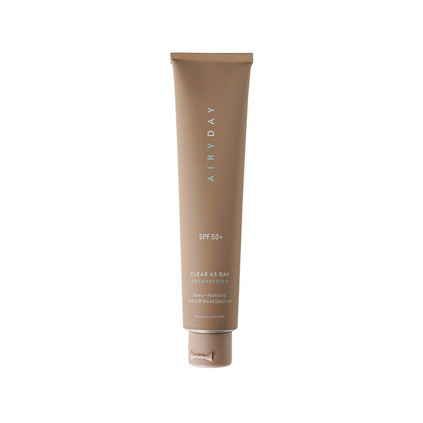
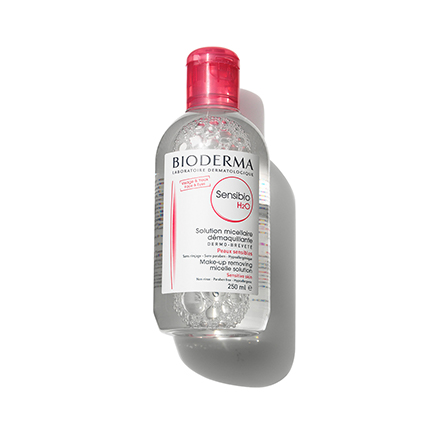
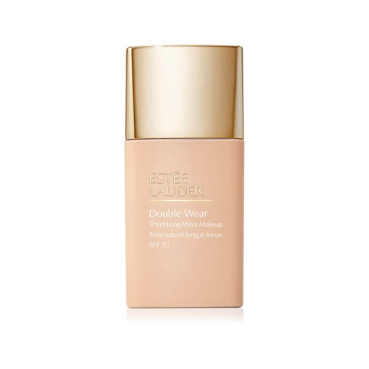




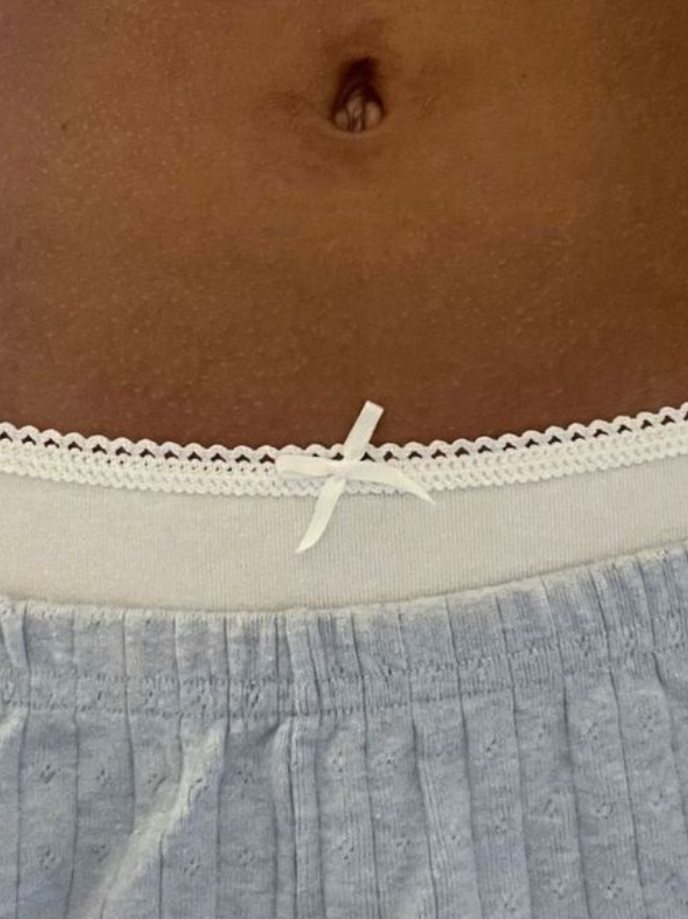


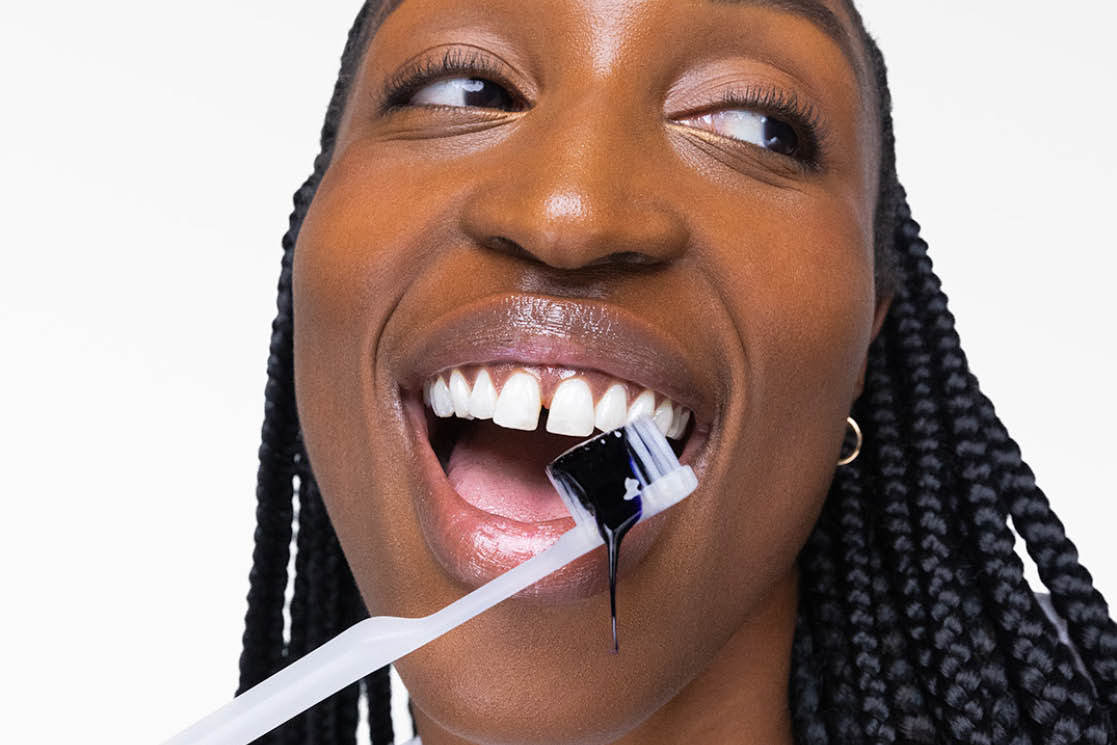

Comments